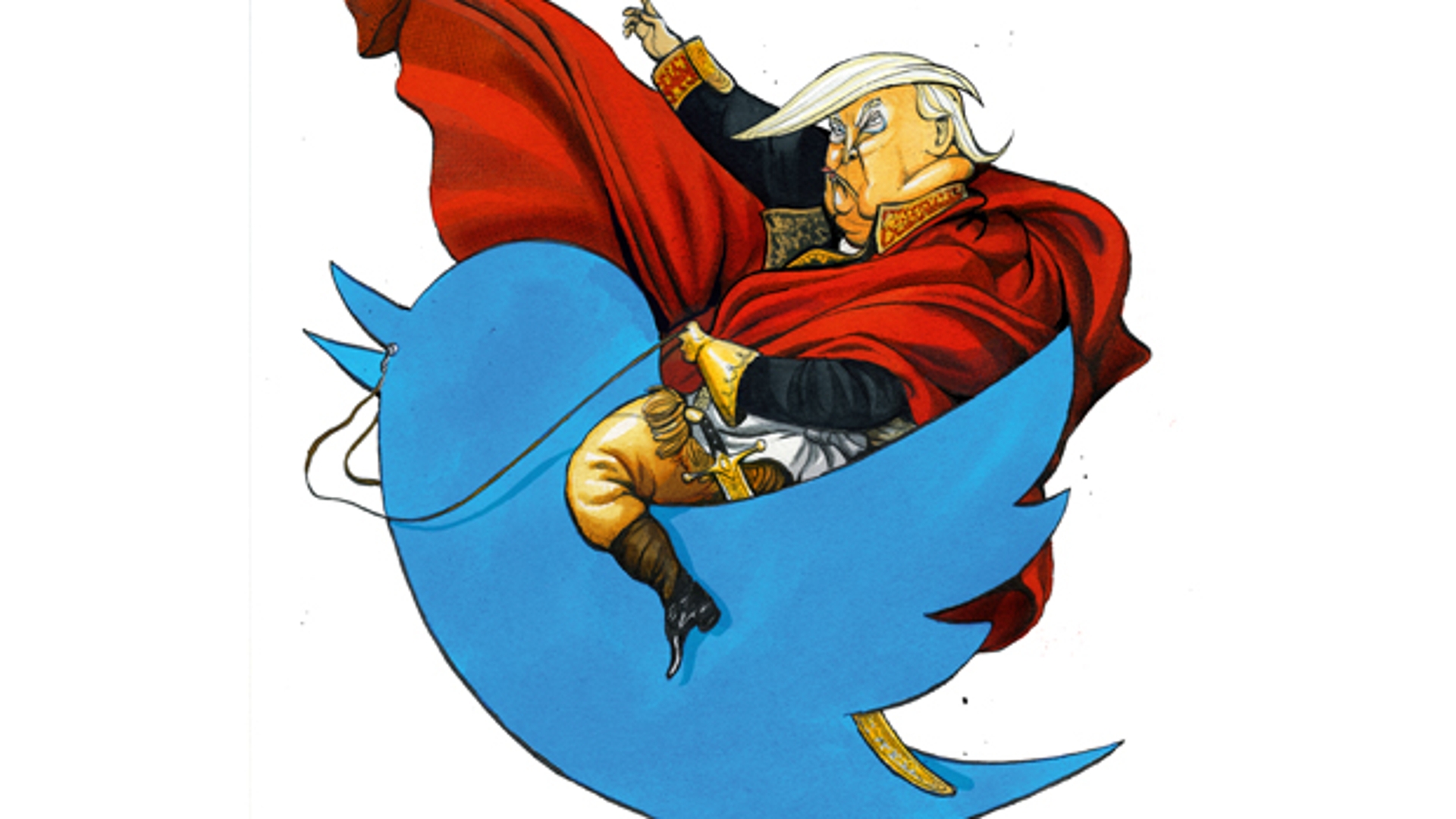In This Episode
Cash is no longer king in China. Much like Sweden, the country’s young and old opt for digital payments, made possible by an app called ‘WeChat’. While sometimes compared to WhatsApp or Facebook, WeChat is much more. On the latest episode of Chinese Whispers, my fortnightly podcast, China tech expert Duncan Clark describes how it’s designed to be ‘a digital Swiss army knife’. As well as payments for everything from rent to groceries, the app’s ubiquity means that the Chinese now ask for each other’s ‘WeChat IDs’ instead of phone numbers. It’s designed for technophobes with functions like voice messages – as Duncan points out, this is particularly helpful for less educated Chinese: ‘even the Chinese find Chinese characters hard’.
Because of its popularity inside China (with an estimated one billion monthly active users) and China’s Great Firewall (which bans Facebook, Twitter, and so on), it’s also the messaging app of choice for the millions of overseas Chinese. But for those in America, their days with the app are numbered. Trump has set a deadline of mid-September for WeChat to pack its bags out of America. While he’s gone quiet on his wall with Mexico, to all intents and purposes, Trump seems to be building his own Great Firewall. As well as WeChat, TikTok is facing a forced sell to Microsoft; while on Saturday, the President signalled that more Chinese companies may come in the firing line.
Coming off the back of the Huawei ban, this may be no surprise. But almost without a moment’s hesitation, the scrutiny has moved from telecoms to social media. Rui Ma, a Silicon Valley podcaster and former venture capitalist, tells me on the podcast why the national security concern cited by the White House isn’t very strong. But whatever you think about the motivations, one thing is clear: it’s a tough time to be a Chinese tech company in the West, regardless of your links to the Communist Party.
With even Mark Zuckerberg warning that banning apps sets a dangerous precedent for freedom of speech, Duncan tells me ‘weirdly, this experience is taking me back to China’.






Comments
Join the debate for just £1 a month
Be part of the conversation with other Spectator readers by getting your first three months for £3.
UNLOCK ACCESS Just £1 a monthAlready a subscriber? Log in